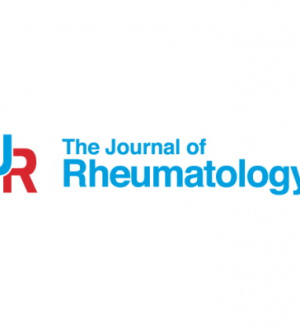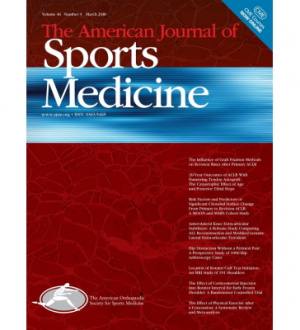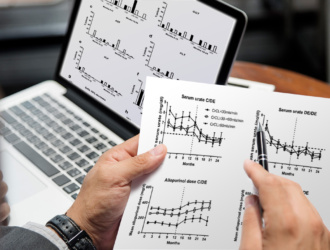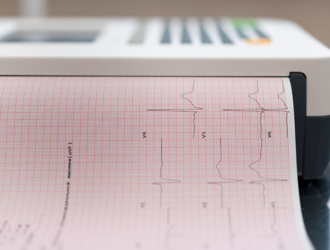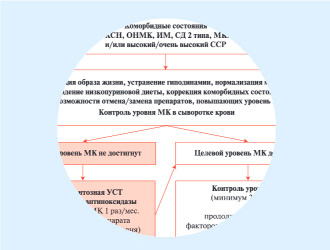 OBJECTIVE:
OBJECTIVE:
The aim of this study is to investigate the effect of colchicine and other medications for gout treatment on serum CA72−4 and other tumor markers including alpha-fetoprotein (AFP), carcinoembryonic antigen (CEA), CA19−9, CYFRA21−1, neuron specific enolase (NSE), prostate-specific antigen (PSA).
METHODS:
A total of 143 gout patients and 40 healthy individuals were randomly recruited. Of these patients, 38 did not receive any treatment; 42 received colchicines; 62 received other medications for gout treatment (Etoricoxib, glucocorticoid, Benzbromarone, allopurinol, Febuxostat, nonsteroidal antiinflammatory drugs or their combinations).
Of 42 gout patients receiving colchicines, 23 were followed up. All tumor markers were detected by electrochemiluminescence immunoassays. Statistical analysis was performed by SPSS 17.0 software.
RESULTS:
The serum CA72−4 level was significantly higher in gout patients receiving colchicine than that in healthy control and gout patients without any treatment or who were receiving other treatments (P<0.001). There was no significant difference regarding other tumor markers among the various groups.
All patients receiving colchicine, but no healthy individuals, patients with no treatment, or those receiving other medications had increased serum CA72−4 levels. Additionally, none or only a few of the subjects had increased AFP, CA19−9, CYFRA21−1, NSE, CEA, or PSA, while the proportion was not significantly different among various groups.
CONCLUSIONS:
Colchicine can cause abnormal elevation of serum CA72−4, but other medications have no effect on serum CA72−4. Furthermore, serum CA72−4 gradually increased and decreased after the initiation and cessation of colchicine therapy, respectively. Other tumor markers are not influenced by colchicine and other medications.
Zhao B, Zhang M, Liang Y, Yang Z.
Int J Biol Markers. 2019 Sep; 34 (3): 318−321
doi: 10.1177/1 724 600 819 874 073
PMID: 31 507 249

